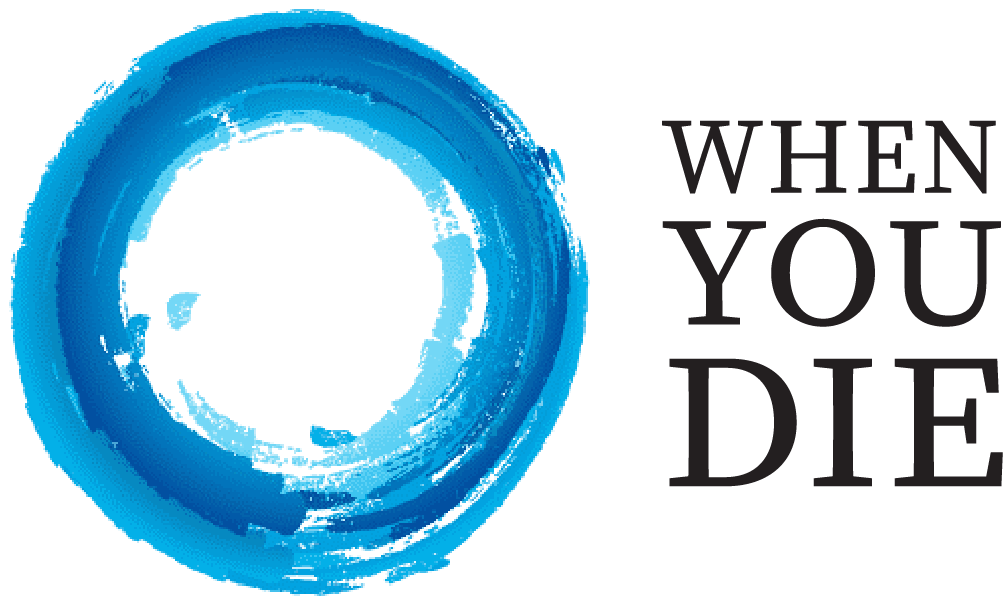When You Die Podcast with Joél Simone Anthony
Grief is not an emotion, it’s an experience. And part of that experience is our emotions. We tend to focus on the emotions of depression and shock and the common five or seven that we’ve been taught. But there’s also bliss. There’s also elation. There’s also release. There’s also compassion on a deeper level than we’ve ever felt before. So, now when I think about grief, I think of it as less than one emotional experience but an experience that encompasses all our human emotions. – Joél Simone Anthony

